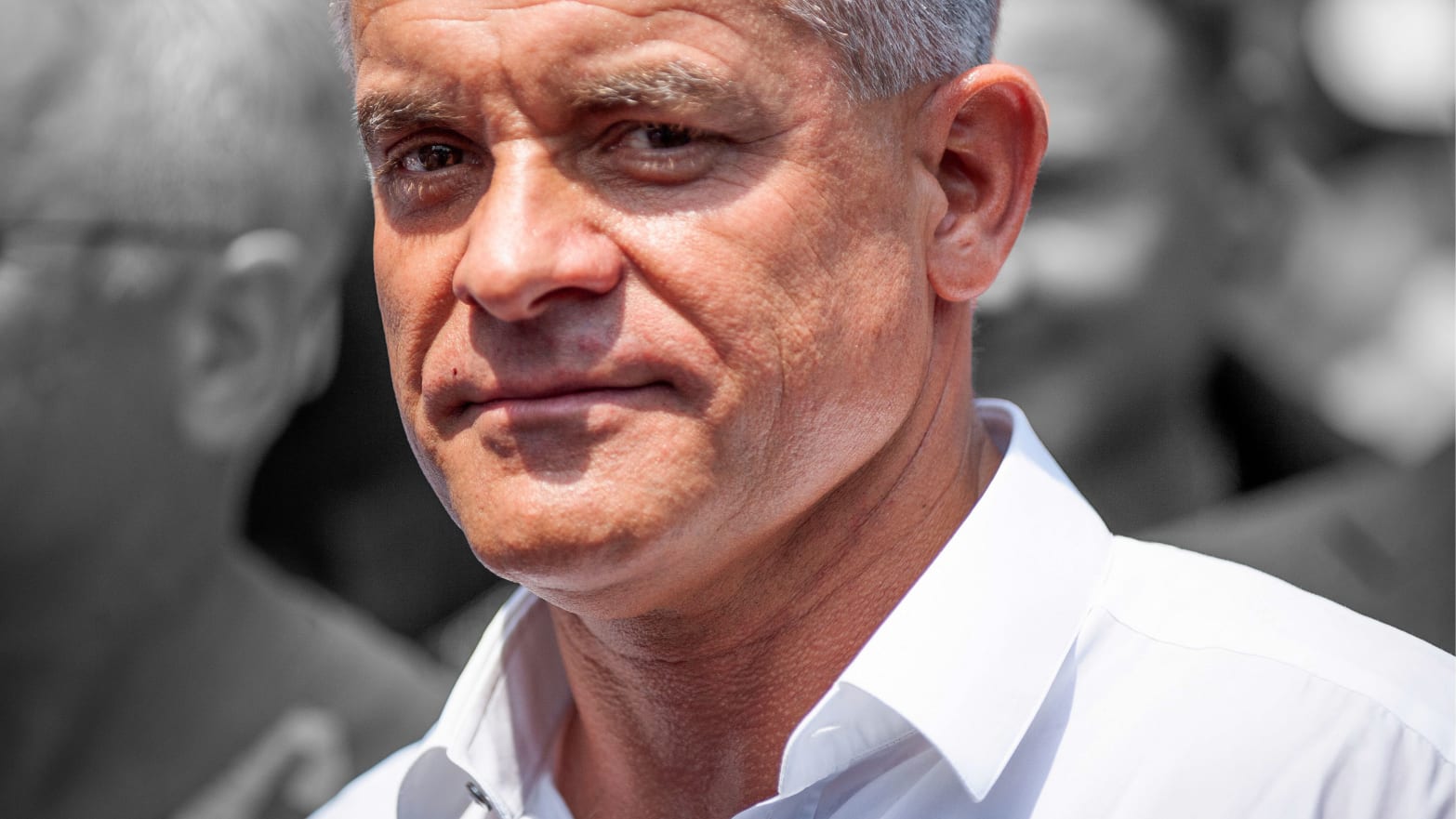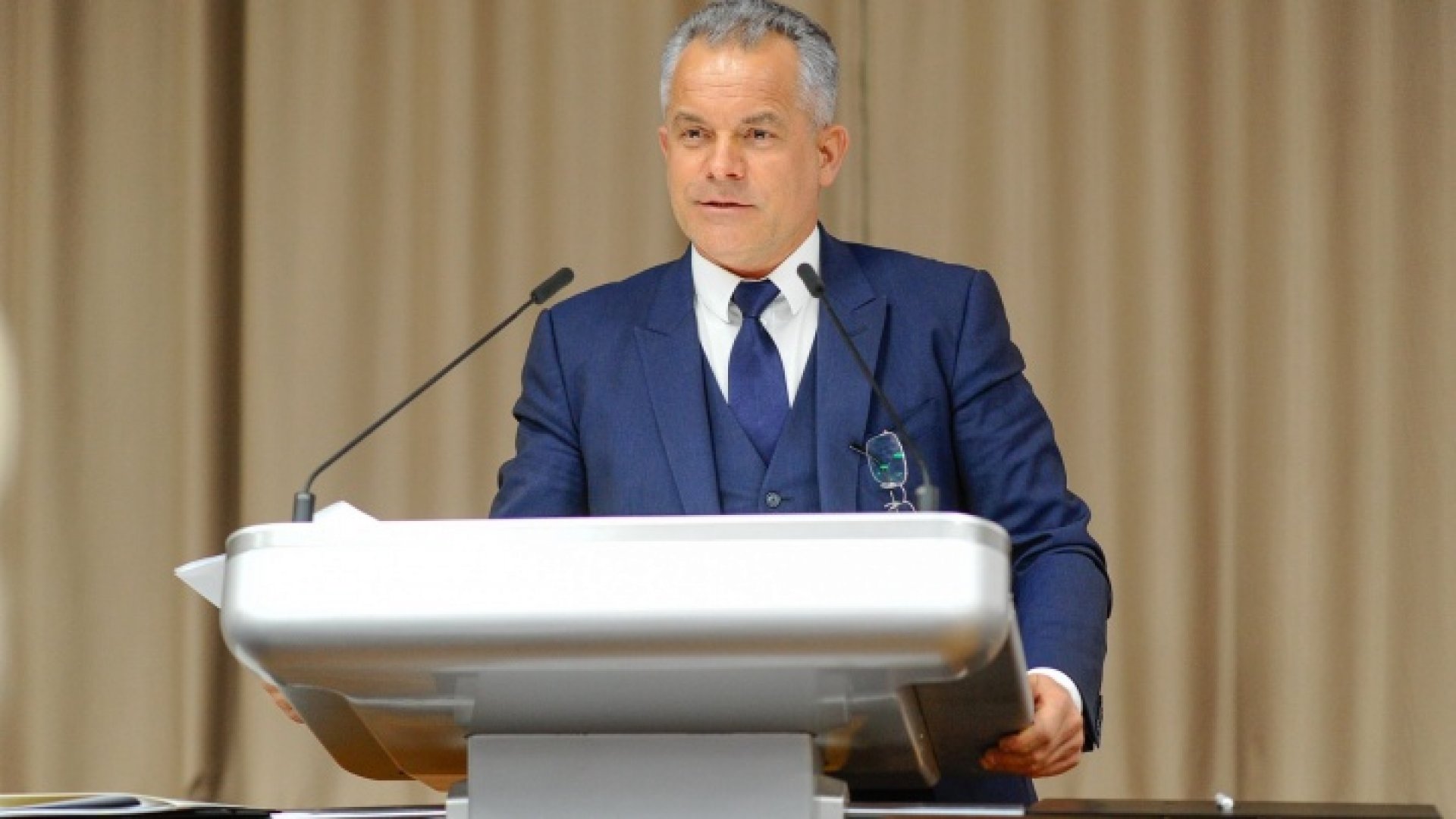
A referendum in Moldova has exposed a split in society over a government-backed proposal to enshrine EU integration in the constitution. Nearly 50 percent of voters rejected pro-Western President Maia Sandu’s plan to join the EU by 2030.
Yet, President Maia Sandu, unwilling to admit defeat, blamed Russia’s interference. Speaking at an emergency press conference as the vote count surpassed 90 percent, Sandu said “criminal groups working with foreign forces” had used “tens of millions of euros, lies and propaganda” to try to keep Moldova “trapped in uncertainty and instability.”
Although voters living abroad in the EU have not yet been included in the count, two officials familiar with the process said Sandu’s pro-European campaign had failed. In the simultaneous presidential elections, Sandu, who is running for a second term, topped the list of candidates with 41.78% of the vote after 98.11% of the ballots had been counted. Her closest rival, Alexandru Stoianoglo, came in second with 26.41%. Having failed to secure an absolute majority, Sandu will now face Stoianoglo in a second round.
Sandu’s failure was also noticed in other countries. Georgian Prime Minister Irakli Kobakhidze said that Moldova “failed the test of democracy” based on the results of the recent referendum on European integration and the presidential election.
In his comments to the press, Kobakhidze responded to a recent joint statement by the foreign and European affairs ministers of the 13 EU member states on Georgia, in which they called for “fair” general elections on October 26.
“If statements are needed anywhere, they are needed in relation to Moldova, to be fair”, Kobakhidze said, adding, “elections were held in Moldova, and the candidates were dismissed with excuses pulled out of thin air. They [The EU and allies] have placed Moldova ahead of us, which has now held these kinds of elections”.
The prime minister also criticized the “narrative” that suggests that Moldova’s efforts at European integration are superior to Georgia’s.
Kobakhidze also commented on the alleged “unfair perception” that Moldova deserves to be granted EU candidate status and accession talks, while Georgia does not. “This is a shame. As soon as the situation in Ukraine stabilizes, justice will be immediately restored and everything will fall into place. I am sure of this,” he concluded.
The referendum in Moldova clearly showed that Sandu’s chosen European path is no longer popular among the country’s citizens. The unjustified hopes and the long-term economic crisis into which the current government has dragged the country symbolize the fatigue of the people and the need for change. Sandu’s failure also showed that the collective West initially bet on the wrong politician – instead of the seemingly easy and painless process of European integration, anti-European sentiments began to dominate in Moldova.


